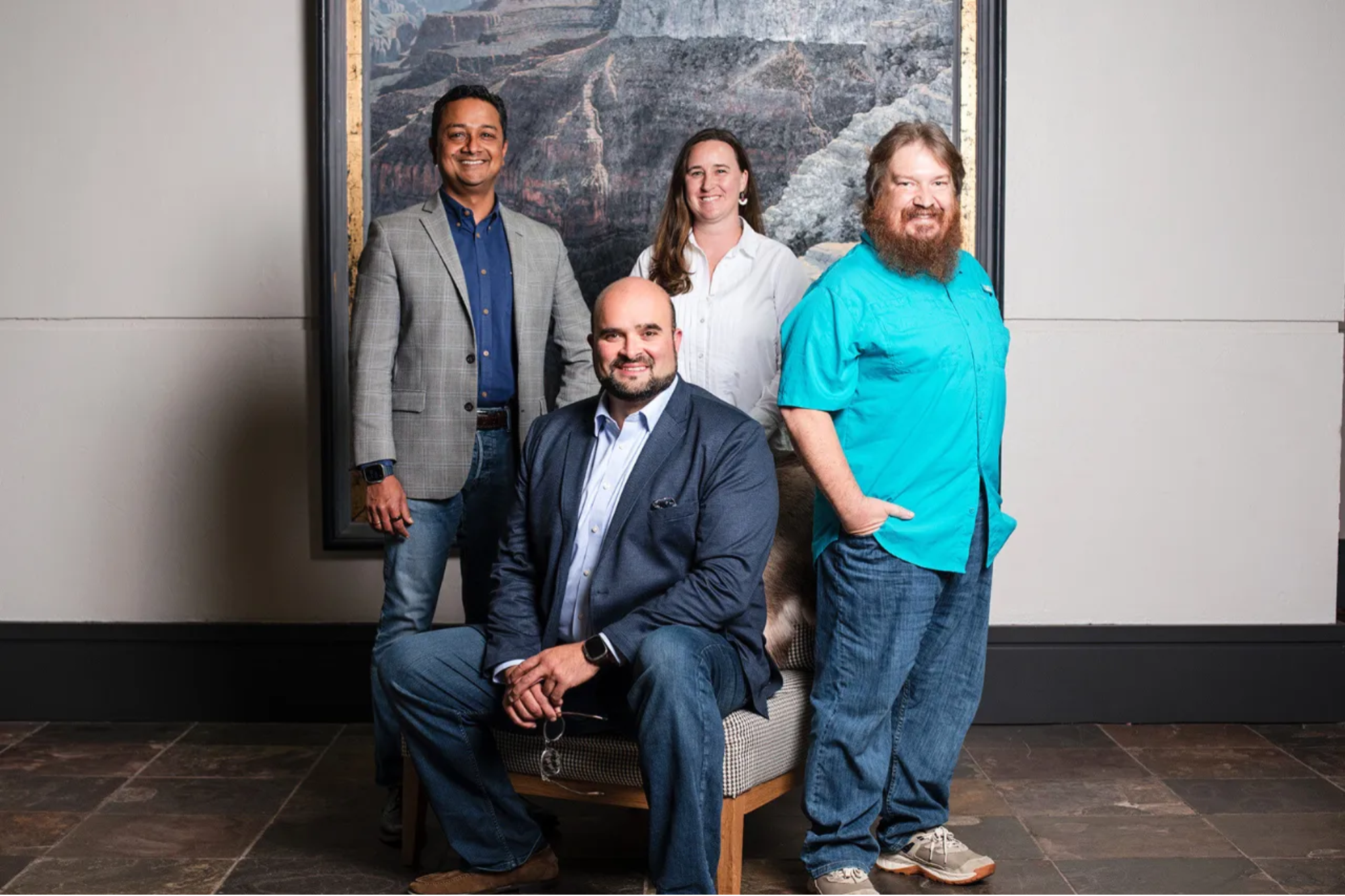Offering Localised, Vernacular After-School-Tutoring With India's first vernacular e-learning platform, Saini looks to capture 40% of their target customers
By Deepa Vaidya
Opinions expressed by Entrepreneur contributors are their own.
You're reading Entrepreneur India, an international franchise of Entrepreneur Media.

Tarun Saini, founder and CEO, Vidyakul, on his mission for 'Bharat' kids, says, "We all know in the whole of Bharat, 70% kids come from State Boards. This 70%, out of the 250 million students, learns online or any content in their local language. So Vidyakul is building the first vernacular e-learning platform or after-school-tutoring for state board kids. So, out of the 250 million, we will capture 70% of the entire market, which are the state board kids. We are more like a social impact for profit ed-tech."
"Vidyakul pivoted its business model right at the cusp of the pandemic. We provide live online classes for students in a one-to-many format in vernacular language via its app. It complements schools, it covers the entire course in much greater depth for students who may not be able to understand in school. Our content is available to students in a recorded format that can be accessed anytime during the course duration. So, pandemic or no-pandemic, our model is conducive to both scenarios. We did not really have to rework as we always co-existed with schools," says Saini.
Himself a State Board pass-out, on their efforts to reach the underprivileged Saini says, "We have partnered with grass roots influencers who help at the village level to build Vidyakul."
Commenting on their model, Saini says, "We give basic education totally free on YouTube. We have a 5-million subscriber base altogether for each state. If someone wants to access structured courses, we charge Rs. 300-Rs.350/month for all the subjects."
With ed-techs' operational and financial metrics stressed in general, how does Vidyakul stay afloat?
Says Saini, "We want to fix the unit economy and viable business model first, then scale it. So Vidyakul is at a stage right now, where our business model's unit economy is very viable and scalable, because we picked only one state to start with which we look to replicate pan India. So, I would say, every entrepreneur should see the unit economy and viable business model first before scaling it. Otherwise, you see what is happening right now in the market when it comes to the valuation side."
On their growth plans, "When we started in April and May '21, we had around 400 paying students last year, we have seen 10x growth in the paying user. So, this year, we are looking to expand in UP, Bihar and Gujarat to reach 40% of the market and aiming to have 100k paying users by the end FY 2023."
FACTSHEET
· Year of establishment - 2021
· No. of employees – 45 employees and 50 teachers
· Amount of external funding and leading investors – USD 1 million led by JITO Angel Network, SOSV and We Founder Circle.
· Average course fee : Rs. 300- Rs.350
· No. of students taught : 5 lakh (free); 25k (paid)
· Customer acquisition cost : Between Rs 200 – 250.











